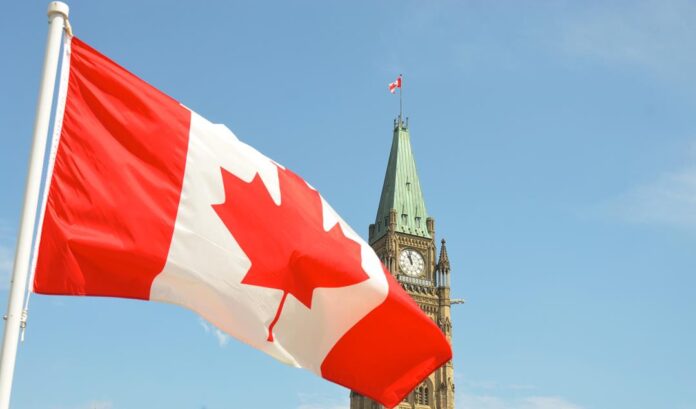On Saturday, Jan 21, Canada’s federal government announced that it had reached a $2.8 billion settlement in a class-action lawsuit filed over the institution and legacy of residential schools. The lawsuit was brought against the Federal Government in 2012 by 325 First Nations for its role in the destruction of Indigenous language and culture brought about through the residential schooling system. The Federal Court still needs to rule on the agreement before it can be finalized, and discussions have been scheduled for Feb. 27.
The funds, which would go into a trust to be managed by a nine-person board of Indigenous directors over a twenty-year period, will operate free from government oversight. This means that Indigenous nations can allocate and distribute funds as they see fit. The agreement also comes with the stipulation that this settlement “fully, finally and forever” releases the federal government from future claims against the Crown for its deliberate enforcement of over one-hundred years of cultural genocide. It does not, however, shield the government from potential claims that may arise over children who died or disappeared in residential schools.
Marc Miller, the minister of Crown-Indigenous relations, hopes that the reparations package can “address the collective harm caused by Canada’s past,” though he admitted that settlements such as these can in no way make up for it. “Reconciliation isn’t free,” said Miller in a statement to the press. “This is a lot of money. Is it enough? I think only time will tell, but we know there’s a heck of a lot more to do.”
Under the terms of the agreement, all 325 First Nations will receive an initial $200,000 payment to begin the process of developing a plan for how the funds will be allocated. Beyond that, use and dispersal of the reparations will be overseen independent of the government and based on four pillars: “the revival and protection of Indigenous language; the revival and protection of Indigenous culture; the protection and promotion of heritage; and the wellness of Indigenous communities and their members.”
Lawyer and class counsel for the plaintiffs, Peter Grant, told the CBC that factors like population size and remoteness of the nations will factor into how money will be distributed, but that those decisions will be made by the board. While more details surrounding the settlement are expected in the coming months, the board’s autonomy will give the 325 First Nations the ability to choose for themselves how best to address their unique needs and challenges going forward.
Long ago, when DeLoreans roamed the earth, Brad was born. In accordance with the times, he was raised in the wild every afternoon and weekend until dusk, never becoming so feral that he neglected to rewind his VHS rentals. His historical focus has assured him that civilization peaked with The Simpsons in the mid 90s. When not disappointing his parents, Brad spends his time with his dogs, regretting he didn’t learn typing in high school.


